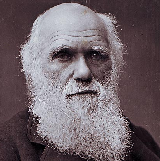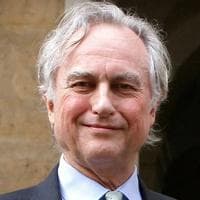Michael Faraday MBTI Personality Type
Personality
What personality type is Michael Faraday? Michael Faraday is an INTP personality type in MBTI, 5w6 - sp/so - 513 in Enneagram, RCOAI in Big 5, LII in Socionics.
• Faraday: "No matter what you look at, if you look at it closely enough, you are involved in the entire universe." >>> (Michael Pierce calls the Ti/Fe axis 'universal judgement' because of its tendency to see commonalities between objects, and he calls the Ne/Si axis 'universal perception' because of its tendency to establish cross-contextual relationships between objects. In my opinion, this is an excellent representation of both axes.) • Faraday: "[Science] teaches us to be neglectful of nothing, not to despise the small beginnings – they precede of necessity all great things. Vesicles make clouds; they are trifles light as air, but then they make drops, and drops make showers, rain makes torrents and rivers, and these can alter the face of a country, and even keep the ocean to its proper fullness and use. It teaches a continual comparison of the small and great, and that under differences almost approaching the infinite, for the small as often contains the great in principle, as the great does the small; and thus the mind becomes comprehensive. It teaches to deduce principles carefully, to hold them firmly, or to suspend the judgment, to discover and obey law, and by it to be bold in applying to the greatest what we know of the smallest. It teaches us first by tutors and books, to learn that which is already known to others, and then by the light and methods which belong to science to learn for ourselves and for others; so making a fruitful return to man in the future for that which we have obtained from the men of the past. >>> (Further evidence of Ti/Fe with Ne/Si) • Faraday: "It is the great beauty of our science, chemistry, that advancement in it, whether in a degree great or small, instead of exhausting the subjects of research, opens the doors to further and more abundant knowledge, overflowing with beauty and utility." >>> (Evidence of Ne, which touches on an object and expands the sphere of associations surrounding it) • Faraday: "Nothing is too wonderful to be true, if it be consistent with the laws of nature." >>> (Evidence of strong Ne and strong Thinking) • Faraday: "Nature is our kindest friend and best critic in experimental science if we only allow her intimations to fall unbiased on our minds. Nothing is so good as an experiment which, whilst it sets an error right, gives us (as a reward for our humility in being reproved) an absolute advancement in knowledge." >>> (Evidence of strong Thinking) • Alan Hirshfeld: "Faraday approached both his science and his everyday conduct unhampered by ego, envy, or negative emotion. In his work, he assumed the inevitability of error and failure; whenever possible, he harnessed these as guides toward further investigation. Faraday adhered to no particular school of scientific thought. Nor did he flinch when a favored hypothesis fell to the rigors of experiment." >>> (Evidence of dominant Thinking – probably Ti. "Guides toward further investigation" might indicate Ne as well.) • John Tyndall: "To [Faraday], as to all true philosophers, the main value of a fact was its position and suggestiveness in the general sequence of scientific truth." >>> (Evidence of Si over Se) • Faraday: "Among those points of self-education which take up the form of mental discipline, there is one of great importance, and, moreover, difficult to deal with, because it involves an internal conflict, and equally touches our vanity and our ease. It consists in the tendency to deceive ourselves regarding all we wish for, and the necessity of resistance to these desires. It is impossible for any one who has not been constrained, by the course of his occupation and thoughts, to a habit of continual self-correction, to be aware of the amount of error in relation to judgment arising from this tendency. The force of the temptation which urges us to seek for such evidence and appearances as are in favour of our desires, and to disregard those which oppose them, is wonderfully great. In this respect we are all, more or less, active promoters of error. In place of practising wholesome self-abnegation, we ever make the wish the father to the thought: we receive as friendly that which agrees with, we resist with dislike that which opposes us; whereas the very reverse is required by every dictate of common sense." >>> (While this quotation is, for the most part, a critique of Fi, the process of "continual self-correction" favored by Faraday is evidence of Ti with Ne/Si; compare with Hannah Arendt: "The business of thinking ... undoes every morning what it had finished the night before."; also compare with Adam Smith: "[I] do and undo everything I write at least half a dozen of times before I can be tolerably pleased with it.") (continued below)
Biography
Michael Faraday (22 September 1791 – 25 August 1867) was a British scientist who contributed to the study of electromagnetism and electrochemistry. His main discoveries include the principles underlying electromagnetic induction, diamagnetism and electrolysis.
Related Personalities
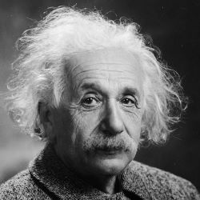
Albert Einstein
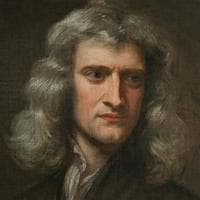
Isaac Newton
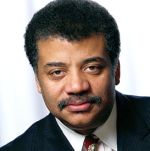
Neil deGrasse Tyson
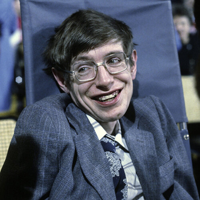
Stephen Hawking
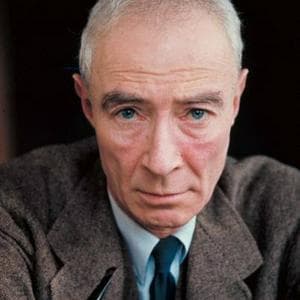
J. Robert Oppenheimer
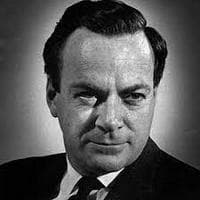
Richard Feynman
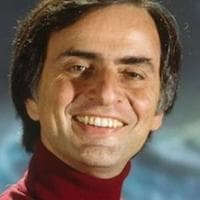
Carl Sagan

Werner Heisenberg

